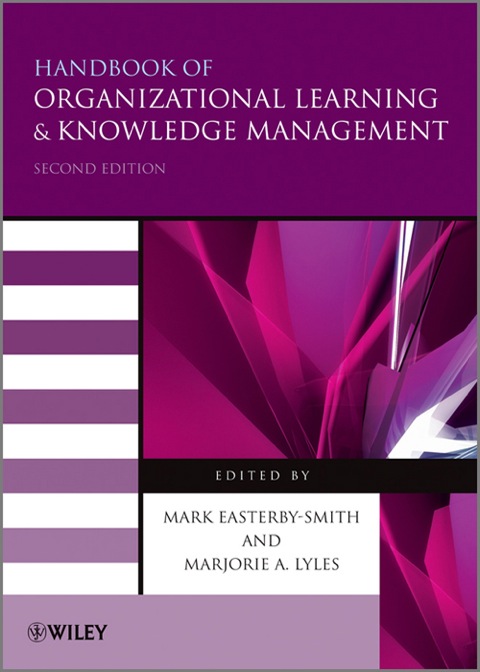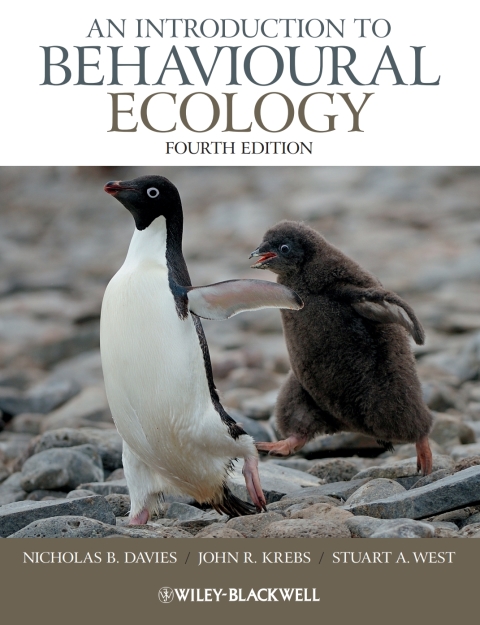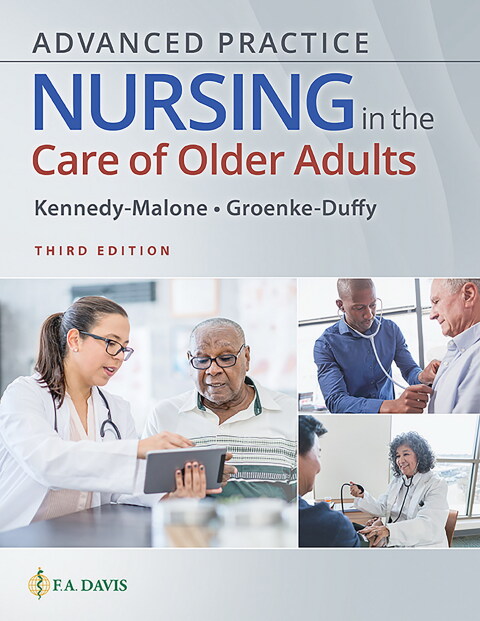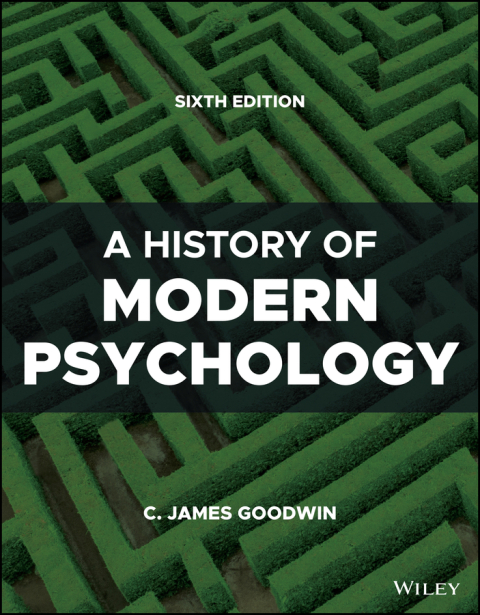Description
Efnisyfirlit
- Handbook of Organizational Learning and Knowledge Management
- Contents
- 1: The Evolving Field of Organizational Learning and Knowledge Management
- Part I: Disciplinary Perspectives
- 2: Organizational Learning Viewed from a Social Learning Perspective
- 3: Organizational Learning: The Sociology of Practice
- 4: Psychological Perspectives in Organizational Learning: A Four-Quadrant Approach
- 5: Information Technology and the Possibilities for Knowledge Sharing
- 6: Knowledge Management: Process, Practice and Web 2.0
- 7: Knowledge Creation in Firms: An Organizational Economics Perspective
- 8: A Framework for Integrating Organizational Learning, Knowledge, Capabilities, and Absorptive Capa
- Part II: Organizational Learning and Learning Organizations
- 9: Learning Portfolios: An Alternative to Learning Organizations
- 10: Intersubjectivity and Community-Building: Learning to Learn Organizationally
- 11: Fads, Fashions, and the Fluidity of Knowledge: Peter Senge’s ‘The Learning Organization’
- 12: The Contribution of Teams to Organizational Learning
- 13: Absorptive Capacity: Taking Stock of its Progress and Prospects
- 14: Social Identity and Organizational Learning
- 15: Organizations, Learning, and Emotion
- 16: Subtle Learning and Organizational Identity as Enablers of Strategic Change
- Part III: Knowledge and Its Management in Organizations
- 17: Dominant Logic, Knowledge Creation, and Managerial Choice
- 18: Informal Knowledge and Innovation
- 19: Knowledge Sharing in Organizations: The Role of Communities
- 20: Organizational Forgetting
- 21: How Should We Understand Tacit Knowledge? A Phenomenological View
- 22: Organizing Knowledge in Social, Alliance, and Organizational Networks
- 23: Knowledge Assets, Capabilities and the Theory of the Firm
- 24: The Human Side of Dynamic Capabilities: a Holistic Learning Model
- 25: Knowledge Structures and Innovation: Useful Abstractions and Unanswered Questions
- Part IV: Learning and Knowledge in International Contexts
- 26: The Impact of Intercultural Communication on Global Organizational Learning
- 27: Collaborating, Learning and Leveraging Knowledge Across Borders: A Meta-Theory of Learning
- 28: Organizational Learning in Asia
- 29: Learning Across Boundaries: The Effect of Geographic Distribution






Reviews
There are no reviews yet.